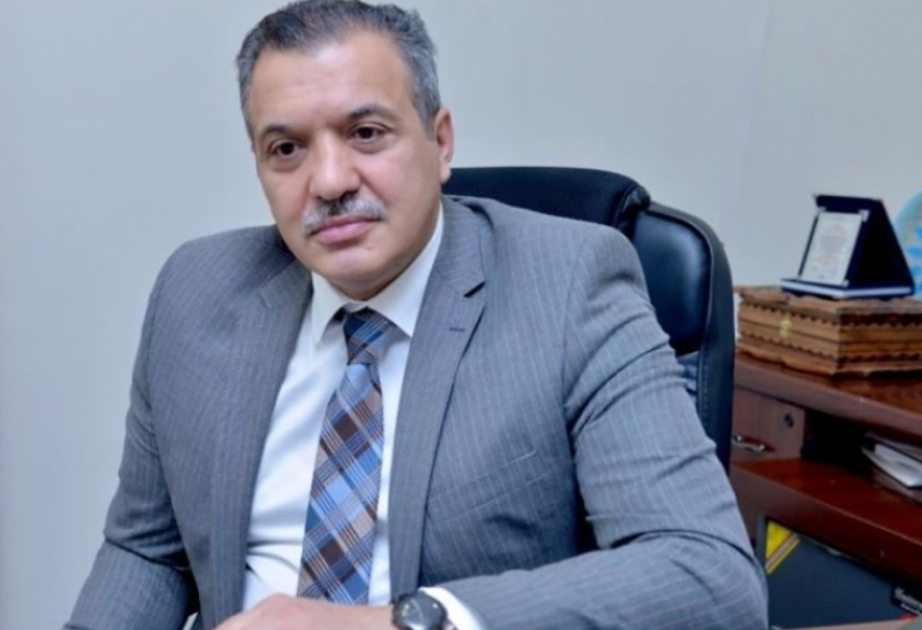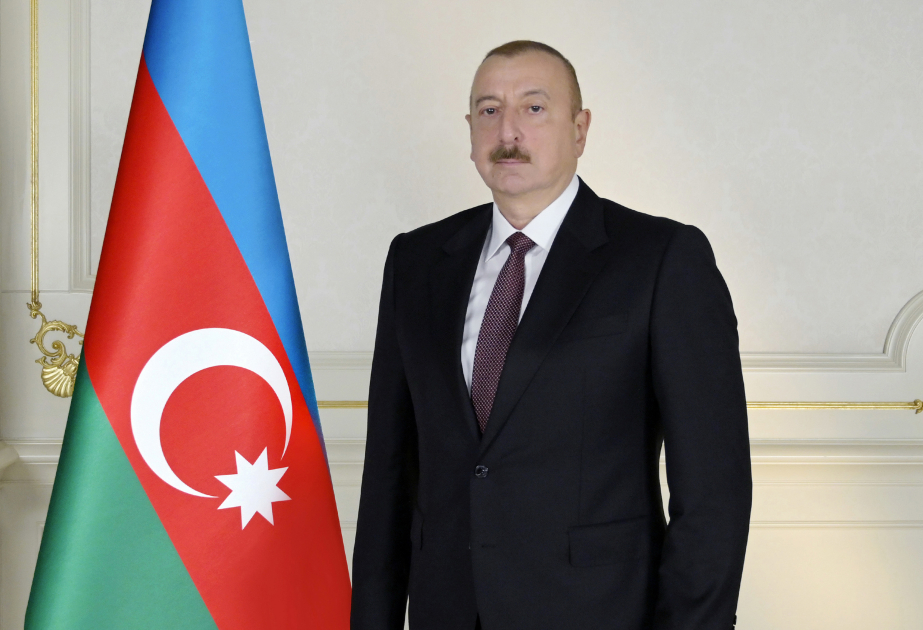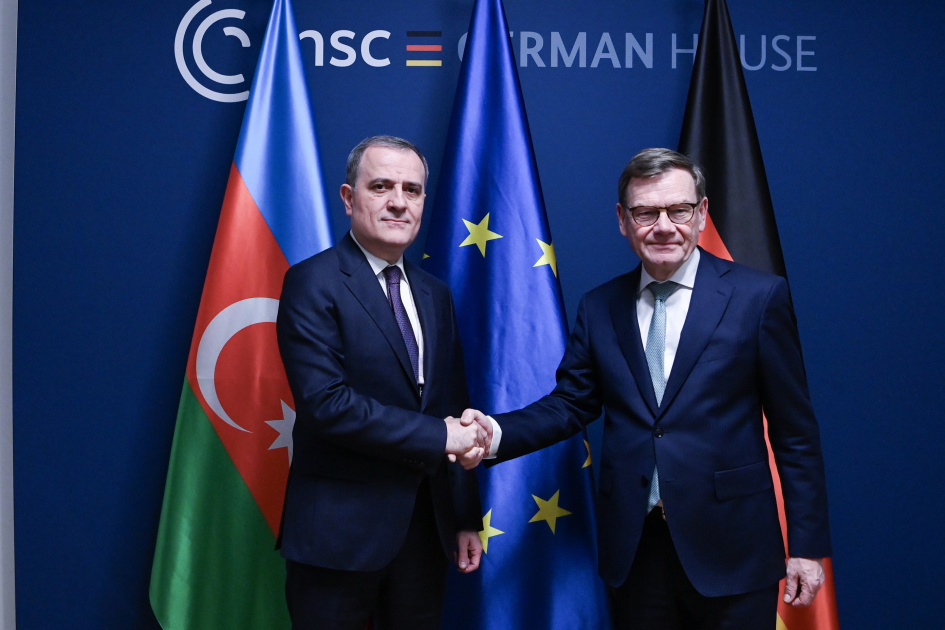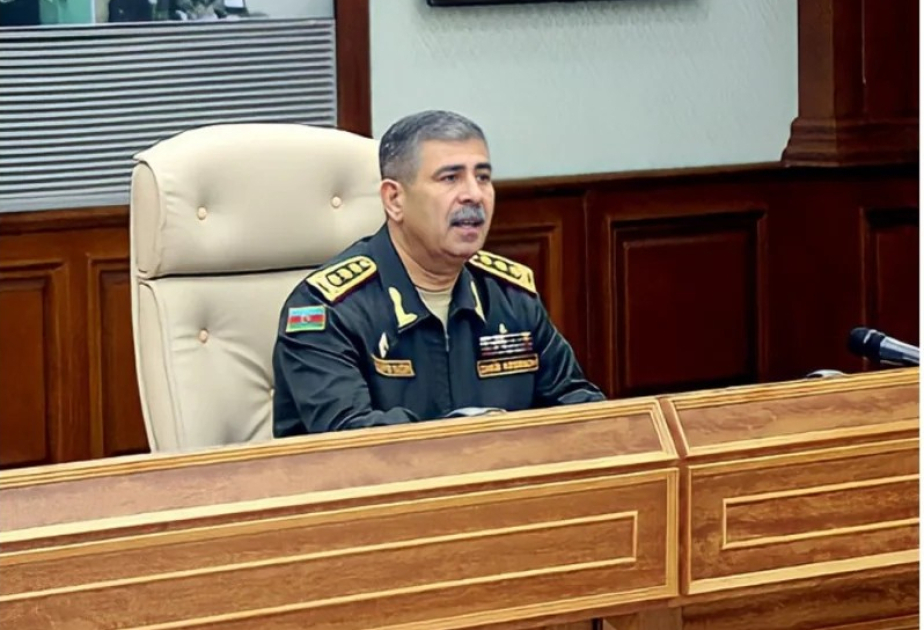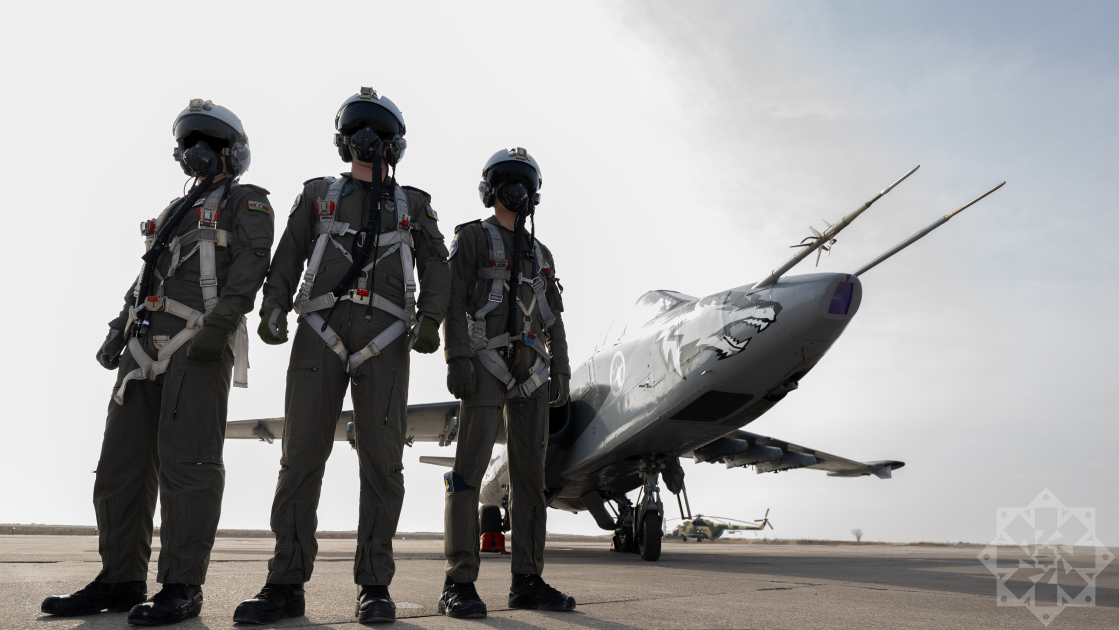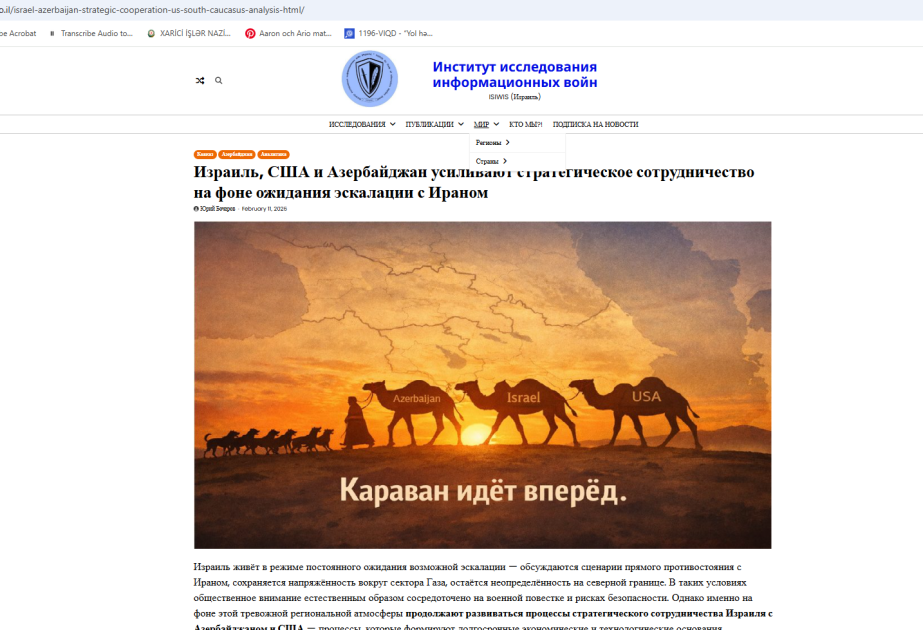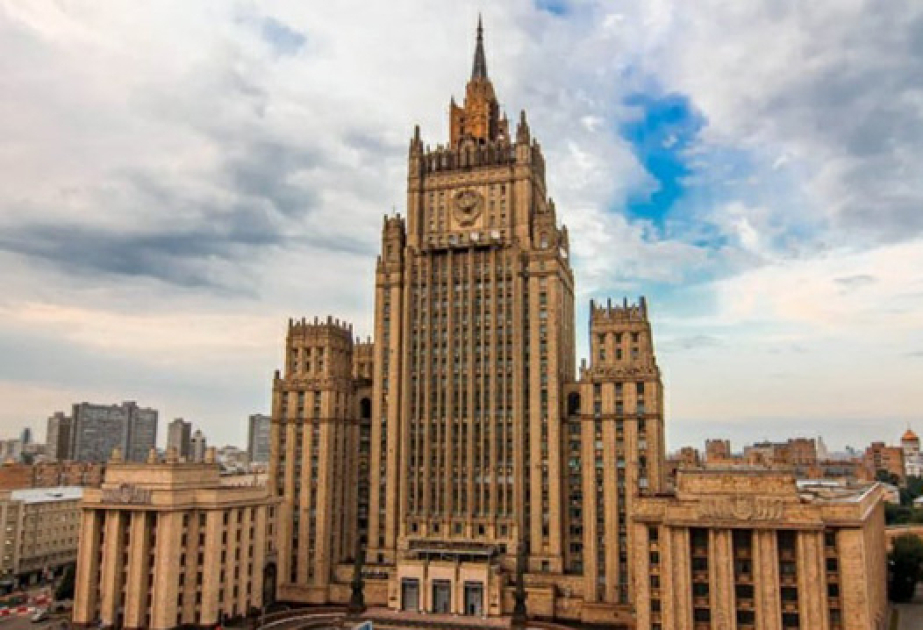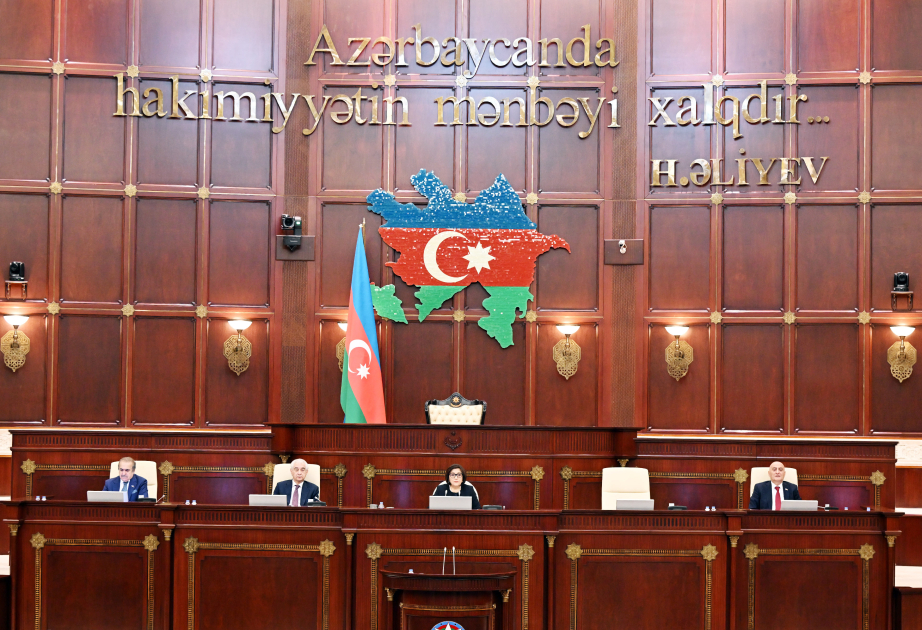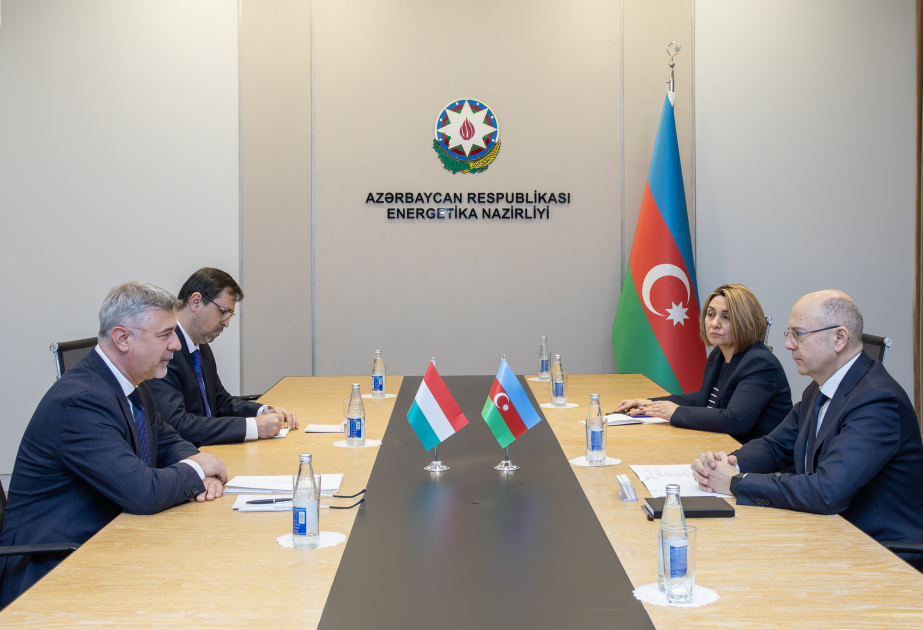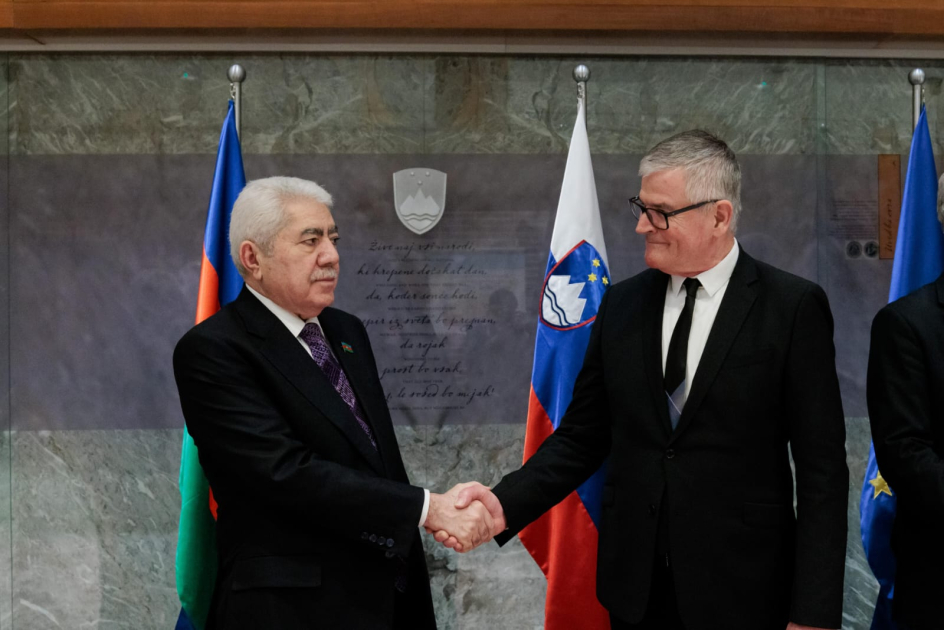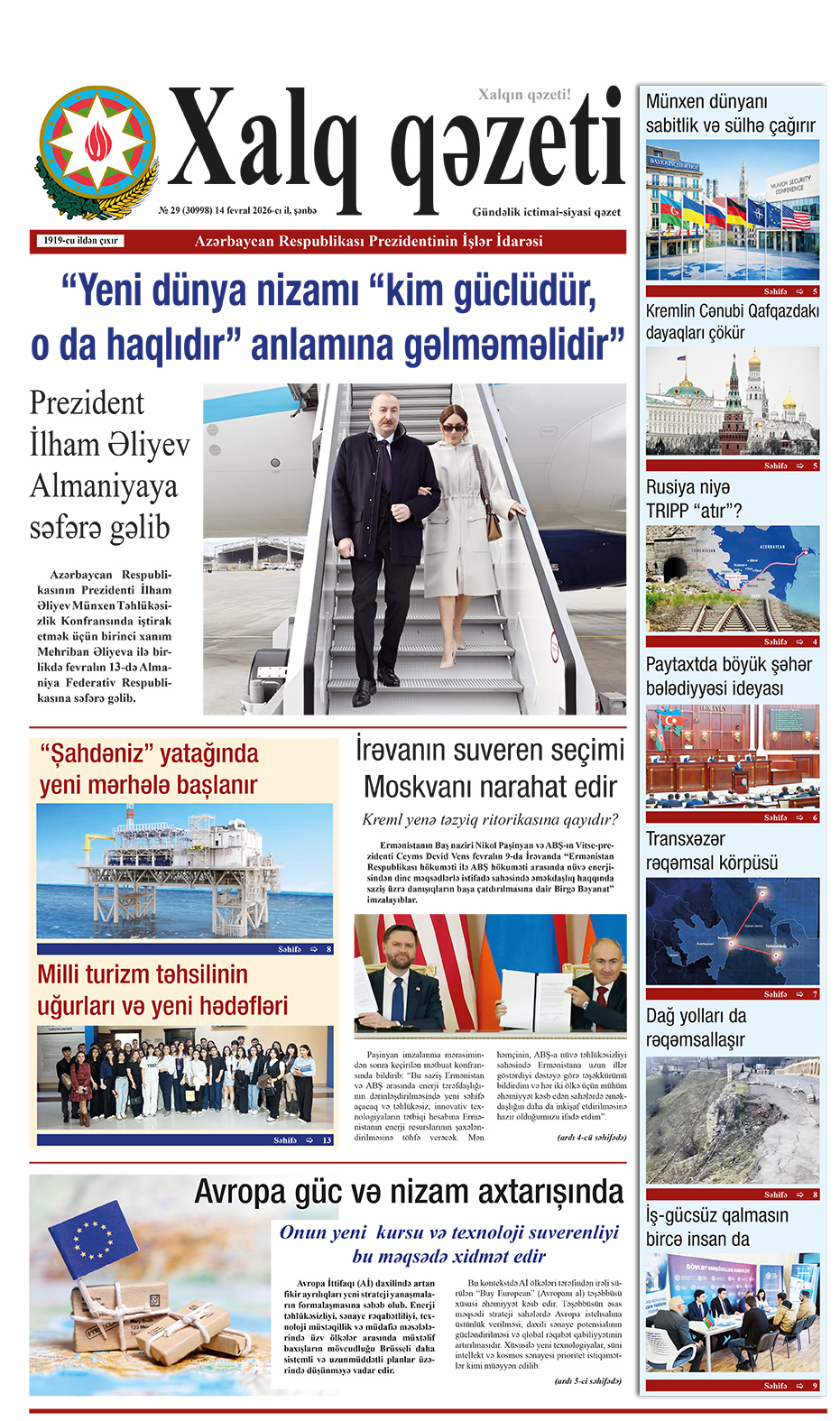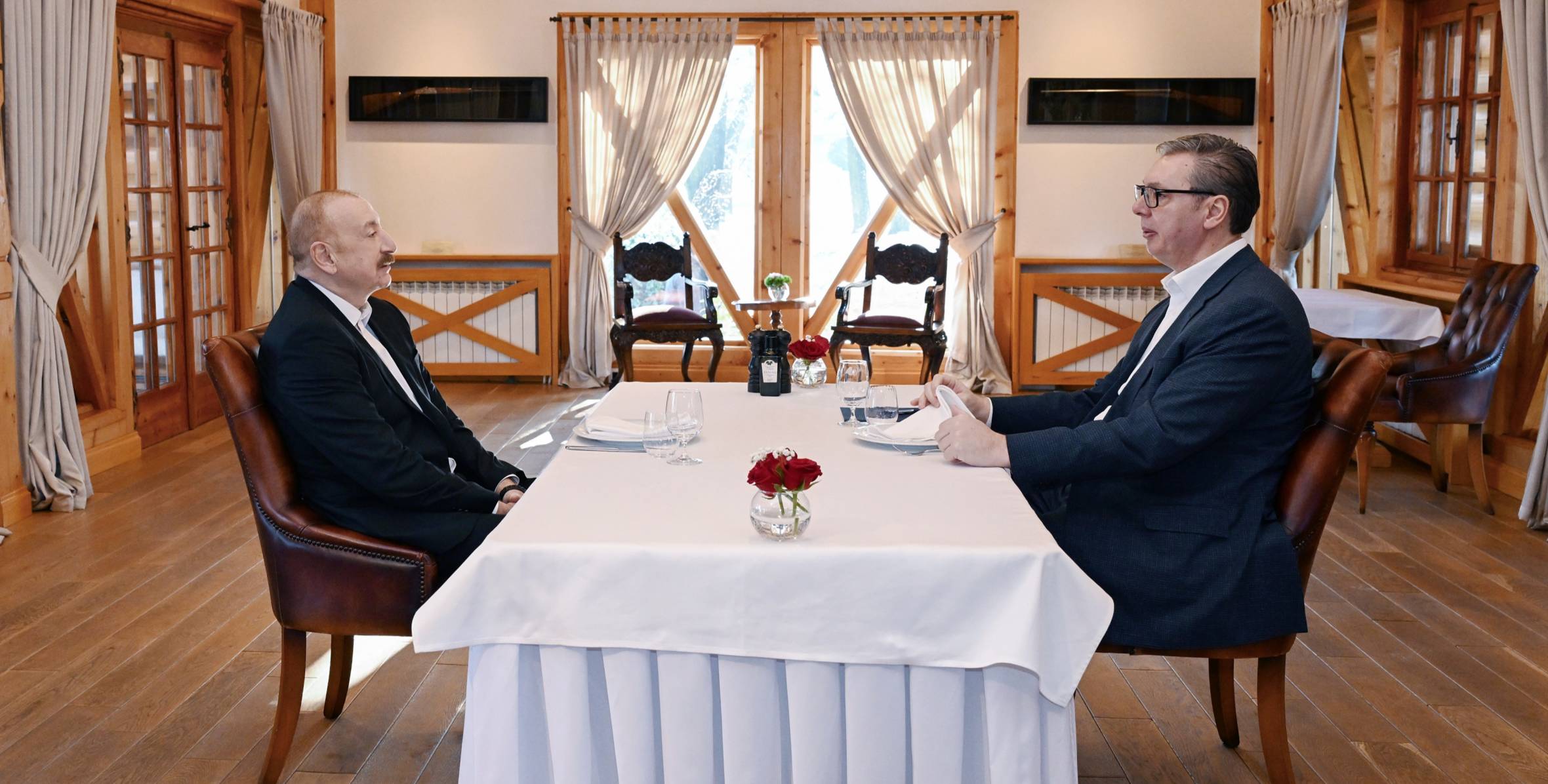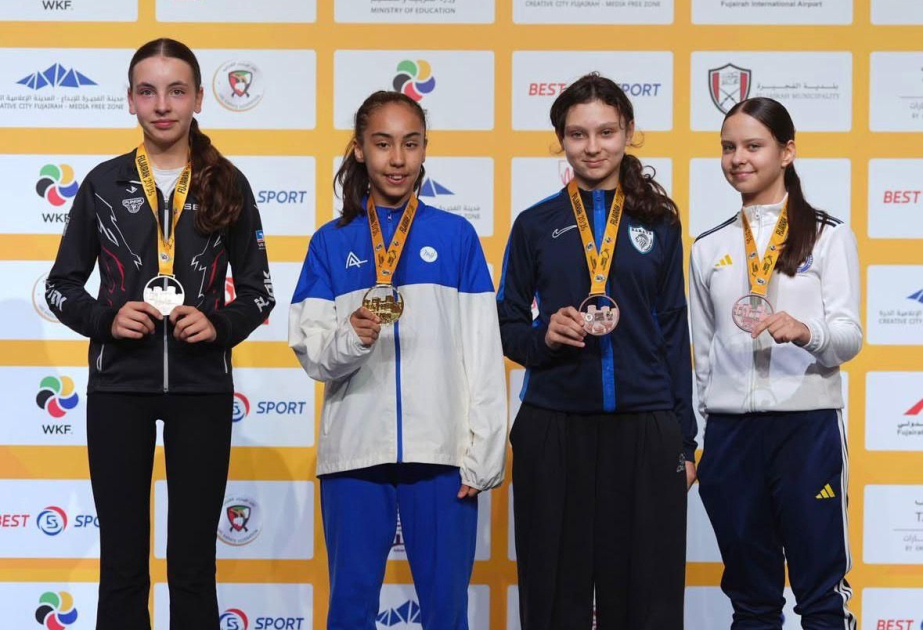If Russian law enforcement had fulfilled their duties with dignity, they would have effectively combated real crime ANALYSIS
"The recent events in Yekaterinburg, Russia, should be examined and assessed from two perspectives: the legal aspect, which includes oversight of the new criminological situation, the fight against crime—particularly ethnic crime—operational measures within criminal cases, and investigative actions; and the political aspect, viewed through the prism of interstate and interethnic relations."
These views were expressed in an article by political commentator Ahmad Abbasbeyli.
The article further states: "I am sure everyone will agree that, regardless of who commits it, any crime must be investigated under the legislation of the respective country, the perpetrator must be held accountable, and appropriate punishment must follow."
However, if we observe Russian TV and media, especially in recent years, we witness a concerning trend. The "main protagonists" of criminal reports—those contributing to the rise in crime statistics—are almost invariably either migrants or representatives of other ethnic groups, primarily Muslim peoples from Central Asia and the Caucasus. Strangely, crimes involving individuals of other nationalities are sensationalized, dominating the news cycle. The entire media apparatus, along with "on-duty public-political figures," Orthodox clergy, and others, focuses on these incidents—not on the nature of the crime itself, but on the perpetrator’s ethnicity.
In short, Russia’s "Goebbels-style" propaganda creates the impression that the local population—ethnic Russians—are peaceful, law-abiding, and "soft-spoken," while representatives of other nations are "criminal elements." As a result, 90-95% of crimes are attributed to "ethnic minorities."
But that’s not all. Beyond the unlawful and inhumane actions taken against the accused, large-scale campaigns are launched under this pretext. Numerous migrants—even those unrelated to the case—are detained and mistreated. The situation is artificially inflated, leading to raids and degrading treatment against legal migrant workers of different ethnic and religious backgrounds. This fuels restrictions on their rights and business activities, fostering negative public sentiment against them—regardless of citizenship.
What is the reality? Are most criminals in Russia really representatives of other ethnic groups?
Of course, information about the "ethnic composition" (ethnic origin) of criminals in Russia is quite limited (it would be surprising if it were otherwise), but based on available statistics and research, some data can be noted.
Well... According to official data from the Russian Ministry of Internal Affairs in 2024, crimes committed by foreign citizens accounted for approximately 4% of the total. Even other independent and foreign sources estimate this figure to be lower, around 2%. Perhaps these differences stem from the methodological approaches used in calculations. But in any case, overall, the share of other ethnic groups and foreign citizens in criminal statistics is quite low: this figure ranges between 2-4%.
This statistic alone dismantles the latest disinformation spread by the vile propaganda machine of Kremlin-affiliated chauvinistic thinkers—primitives and mankurts like Solovyov, Simonyan, Babayan, Popov, and Skabeyeva.
But what about the situation with the "native Russian criminals," whom Russia tries to cover up but who actually commit 96-98% of crimes in the country? In other words, to use their own terminology, what are "Slavic-origin" criminals doing in Russia and around the world?
Russia’s "proxy criminal networks" operate at both regional and international levels and are suspected of direct involvement in economic and cybercrimes linked to the Russian state (for example, they recently organized a cyberattack against Azerbaijan).
On a global scale, Russian criminal networks are widespread in the U.S. and Europe. These countries host criminal groups of Russian origin. According to some sources, more than 200 professional criminal organizations originating from Russia operate in 44 countries. Particularly in Greece, Cyprus, Germany, the Baltic states, the UK, and France, they are engaged in money laundering, cybercrimes, arms trafficking, drug trafficking, and human trafficking. Additionally, international anti-crime institutions are well aware that Russia plays a significant role as both a target and transit country in human trafficking and smuggling. These networks are considered a "serious threat" at the international level, and countries like the U.S. impose sanctions against them.
In other words... If Russian law enforcement had properly fulfilled their duties, performing their work conscientiously and professionally, they would have been combating real crime.
Generally, the regular actions of Russia's relevant structures against migrants and other ethnic groups, regardless of citizenship—particularly Turks and Muslims—are more political measures than actual crime prevention operations. These actions seem designed to keep other nations in a state of fear, serving as a "show of force" against these ethnic minorities.
Otherwise, how can we explain the fact that the highest echelons of Russia's law enforcement system—including Alexander Bastrykin, head of Russia's Investigative Committee, who openly expresses hatred toward migrants and other ethnic groups (even Russian citizens), and Interior Minister Vladimir Kolokoltsev, who personally participates in these orchestrated spectacles—engage in such unlawful, human rights-violating behavior? How can we justify the public humiliation of suspects, the brutality, and the degradation of human dignity—actions that violate not only professionalism but basic human values and ethics? It's difficult to logically explain why these repulsive acts are then publicly broadcast on TV, the internet, and in the media.
In any case, above all, such violent and crude actions demonstrate the state's weakness and helplessness.
Regarding the political nature of the Yekaterinburg events and their impact on international and interethnic relations, the author writes:
"Russia's political leadership, especially its current government, must eventually understand that Russia is a multinational state where over 180 ethnic groups have lived together for centuries. History proves that serious mistakes have been made in Russia's interethnic policies—policies that have consistently favored one ethnic group. With few exceptions, most peoples face severe demographic, linguistic, cultural, and resource-related problems."
When it comes to relations with other states and nations, the situation is clearer. Rather than counting those who hate Russia—or at least don't view it favorably—it's easier to list those who remain somewhat loyal: North Korea, Cuba, a few African countries, and a handful of former Soviet republics (and even then, only at the political leadership level).
Russia's propaganda machine never stops. Every failure, crisis, and defeat is covered up. Everyone is an enemy! Lies, disinformation, slander, and defamation are spread everywhere, every hour, every minute.
In recent years, Russia has isolated itself from the world. Losing on all fronts, its desperate attempts to escape its predicament only lead to bigger mistakes. The prolonged war in Ukraine—now in its third year, far longer than even the most pessimistic analysts predicted—has not only destroyed Russia's reputation but shattered its image as a superpower with the "world's second-strongest military." The war has exhausted Russia financially, economically, technologically, and most importantly, ideologically.
Internationally, the world's stance is clear, but internal problems are emerging. How long can people tolerate the shameless lies of propagandists like Solovyov and Simonyan—lies that defy all ethical boundaries?
The Kremlin, sensing this void, tries to fill it with extreme nationalism, chauvinism, religious radicalism, and other undemocratic methods rooted in hatred toward other peoples, especially Turks and Muslims. During periods of political tension (the Ukraine war, Syrian crisis, economic strain, or domestic terror threats), "cleansing" raids against migrants and non-Russians intensify.
Russia and its political leadership, especially its president, must understand: In a multinational state like Russia, there's no place for rhetoric that harms interethnic relations; racism, discrimination, and xenophobia must be stopped; only tolerance and balanced policies between peoples can bring success in a multiethnic country; disrupting this balance leads to serious problems.


